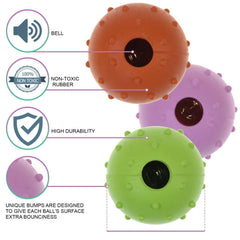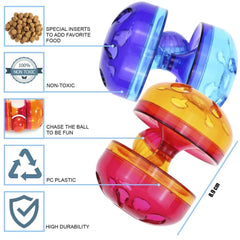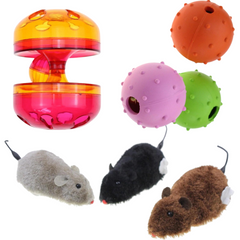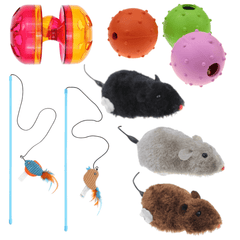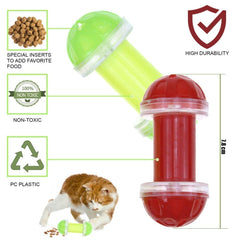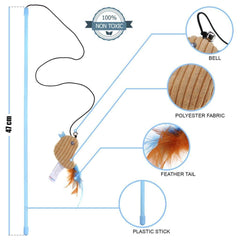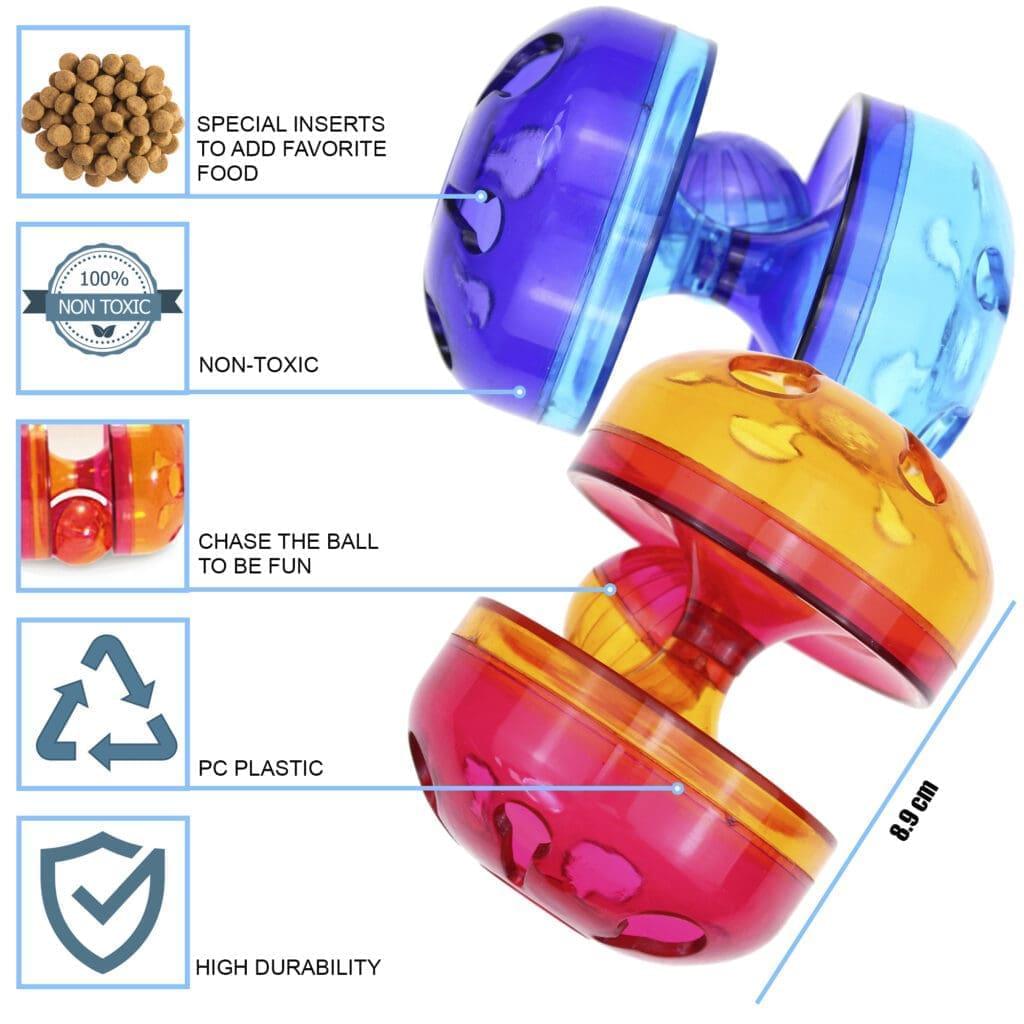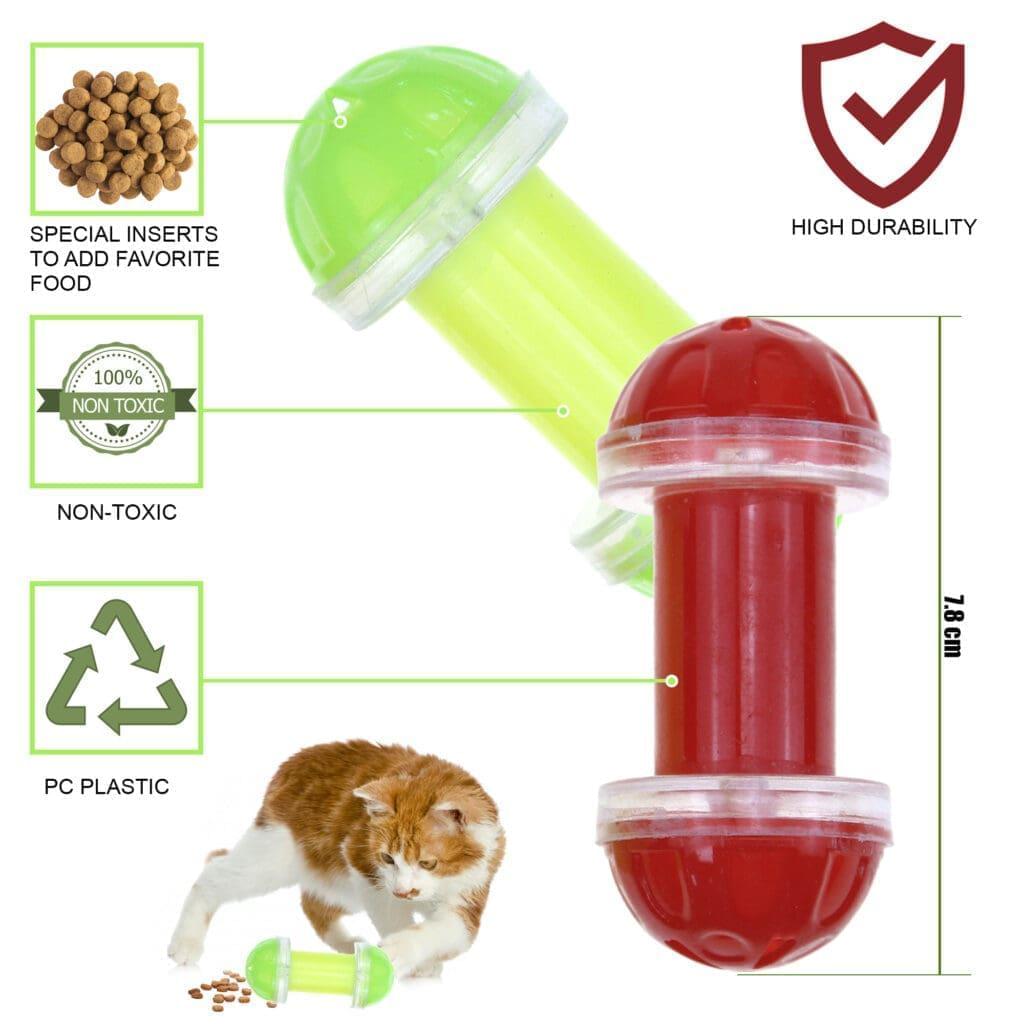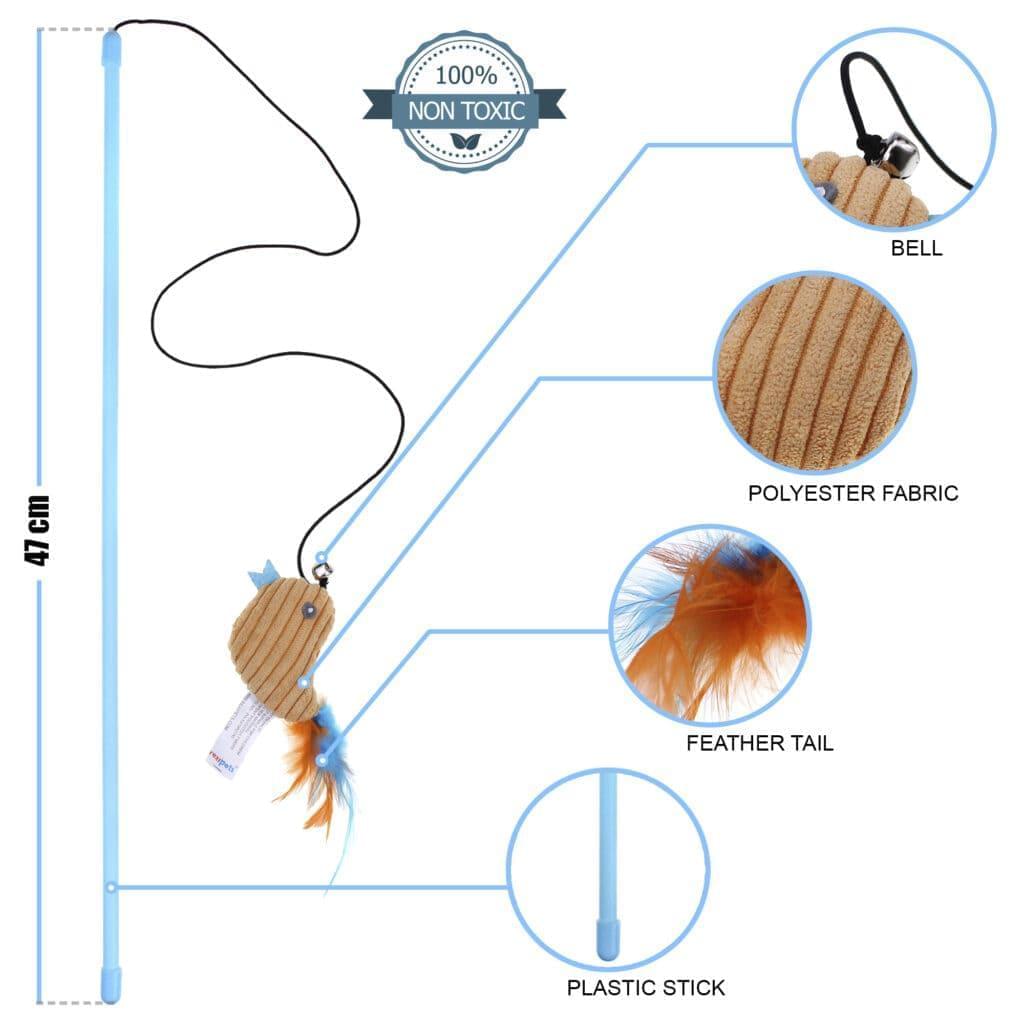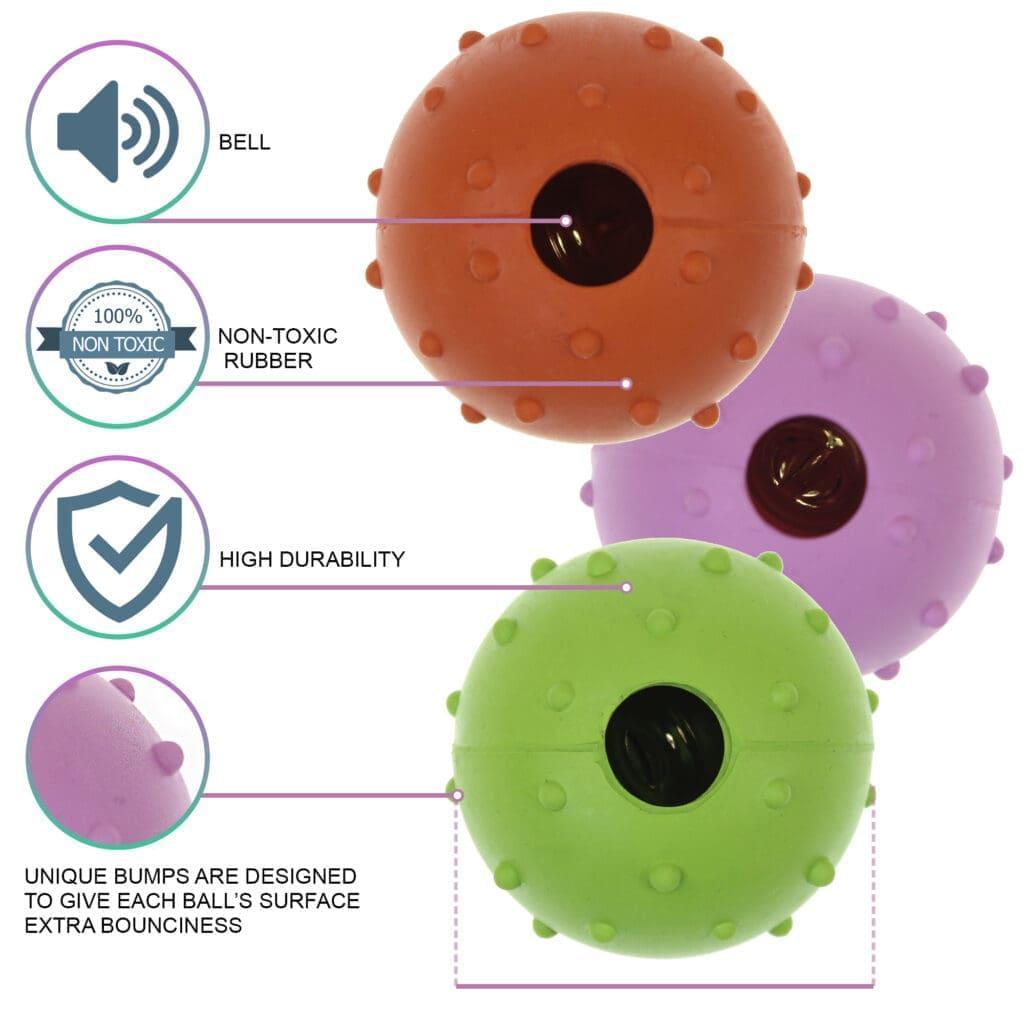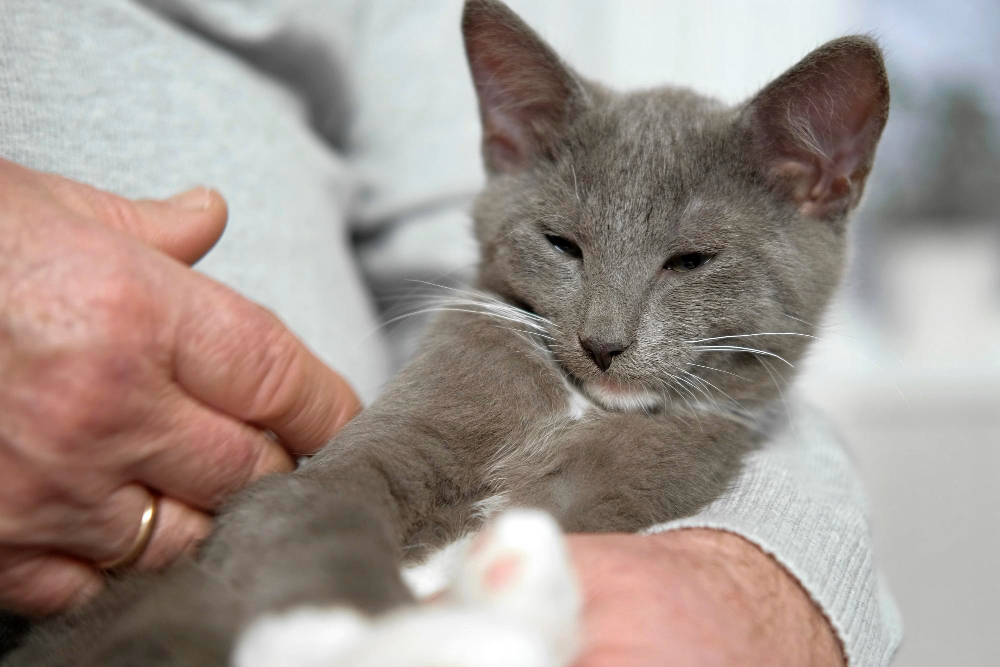
While the change of seasons is one of the most fascinating things to witness by Mother Nature for some of us, it means total chaos for others. This can include our cats, who are prone to seasonal allergies. These shifts in the seasons can mean trouble. Like humans, cats start sneezing, scratching, and itching like crazy.
Today at Rexipets, we're here to talk about a common issue many cat owners face: seasonal cat allergies. In this post, we're going to talk about what seasonal cat allergies are, the different types of seasonal allergies in cats, their causes, symptoms, and most especially, how you can treat them.
So, whether you're a new cat owner or you've had cats for a while, this guide will give you the breakdown of a common but often confusing part of caring for your feline friends.
So, let's find out what's behind those sneezes and scratches. So that you can make sure you keep your cat in top-notch health.
What Are Seasonal Allergies In Cats?

The immune system is like the body's defense squad, protecting our cats from harmful beings like germs. But sometimes, it mixes things up and thinks harmless things like pollen are trouble.
This mix-up leads to an allergic reaction with inflammation, making your cat and then, indirectly, you feel pretty bad. Cats with seasonal allergies usually get a skin problem called atopic dermatitis.
So your cat won't have a runny nose or sneeze like you do. Instead, you'll see signs of allergies on their skin or fur. The longer your cat is around the allergy trigger, the worse their reaction gets, so it is essential to keep an eye out for atopic dermatitis.
Different Types of Seasonal Allergies in Cats
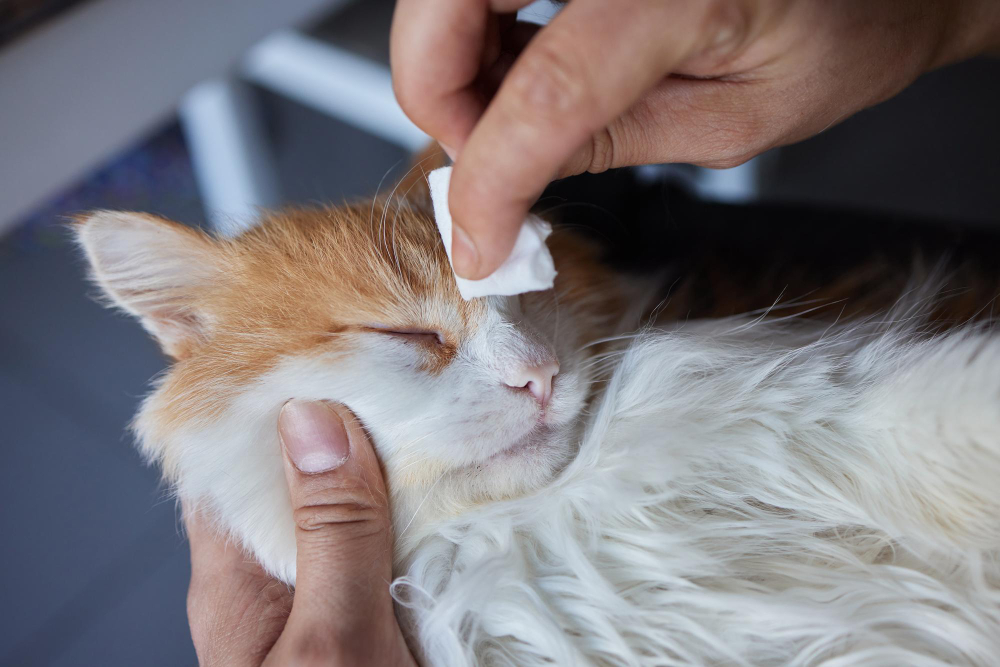
Cats can get allergies to different things depending on the time of year. These common seasonal allergy types include:
-
Flea saliva
Both outdoor and indoor cats can get fleas. But it's not the fleas that cause the allergy but rather the proteins in their saliva that can trigger your cat's allergy symptoms.
So be on the watchout and incorporate flea prevention measures to prevent your cat from getting atopic dermatitis.
-
Pollens
Spring and summer months are the season of pollens. And these can cause respiratory symptoms in cats. During the warmer months, cats can come into contact with pollen from plants and trees when they spend time outdoors.
These tiny particles can be inhaled or come into contact with their skin, causing an allergic reaction.
-
Dust mites
Cats develop allergies because of dust mites as well. These super tiny bugs that live in dust can be pretty bothersome to cats with allergies. They can be dealt with by washing your cat's bedding often and dust-proofing your house.
-
Molds
When we close our windows in the cold months, mold spores can hang indoors and cause cat allergies.
What Are The Symptoms Of Seasonal Allergies In Cats?
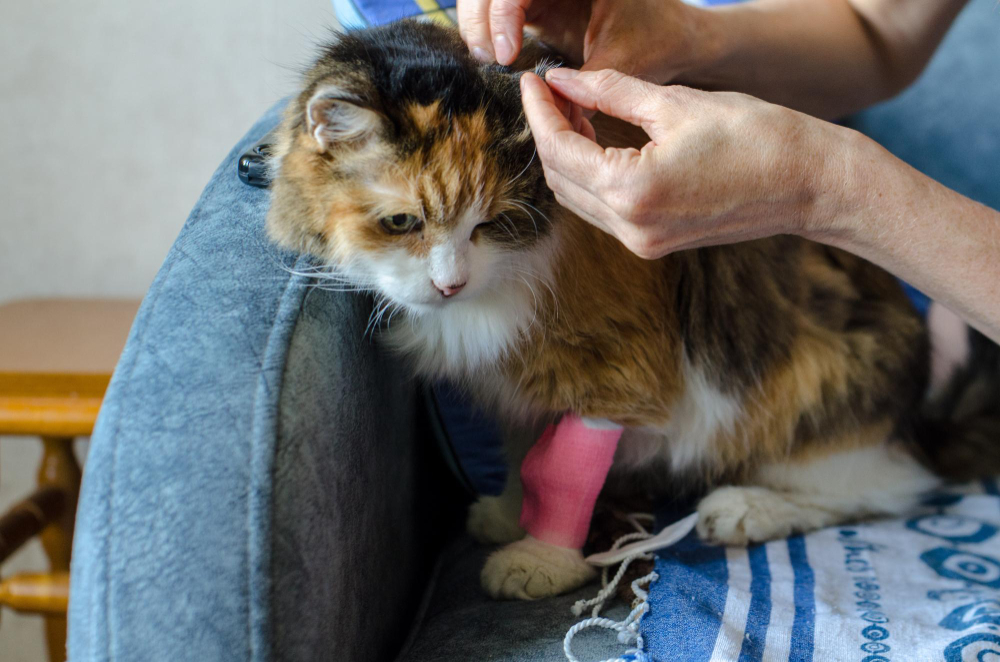
Unlike people who might sneeze and cough when they have allergies, your cat may have allergy symptoms show up on its skin. If your cat is scratching, licking, or biting their fur more than usual, it might mean they have allergies related to the season.
You should also watch for signs like hair loss and red or inflamed skin around the chin, paws, mouth, or bottom.
Sometimes, a common symptom for cats with allergies is infections in their ears. Suppose you see your cat shaking their head or looking uncomfortable around their ears. In that case, it might be skin irritation because of allergies.
Feline allergies can also make your cat throw up more or cough up more hairballs, and this is often due to them grooming themselves more because they feel itchy and uncomfortable.
Your cat might also scratch at their ears or chew on their paws to try to stop the itching. This can lead to sores on their skin because of all the scratching and biting, so dealing with the allergies is essential.
Though it's not as common, some cats with seasonal allergies might sneeze, cough, have red eyes, or a runny nose, similar to people with allergies.
Also, allergies can change your cat's behavior; they might become irritable or less active because they're uncomfortable during allergy seasons.
How to Treat Seasonal Allergies in Cats?

Knowing there's no single solution, especially regarding your cat's seasonal allergies, is essential when dealing with cat allergies. Instead, you'll need different approaches to help your cat feel better.
One key method is to remove allergens from your cat's environment. Another is to try to limit your cat's contact with stuff that triggers their allergies. For example, if you know your cat's allergies are triggered by dust or molds, you can take steps to minimize your cat's exposure to them.
Controlling fleas is a big deal, especially if your cat is allergic to flea saliva. Using treatments approved by your vet is crucial and can help keep your pet's allergies away.
Moreover, medications like creams, allergy shots, or pills can be prescribed by your vet to control your cat's allergy symptoms. But make sure you look out for any harmful side effects that might be there with this medication.
Running your cat a bath with special shampoos can also help soothe its irritated skin.
Even after all of these measures, if your cat's allergies are really tough to handle, your vet might suggest seeing a specialist called a veterinary dermatologist. They offer their expertise in pet allergies and can offer more advanced allergy testing and customized treatment plans.
Pro Tips On How To Recover After Allergies In Cats
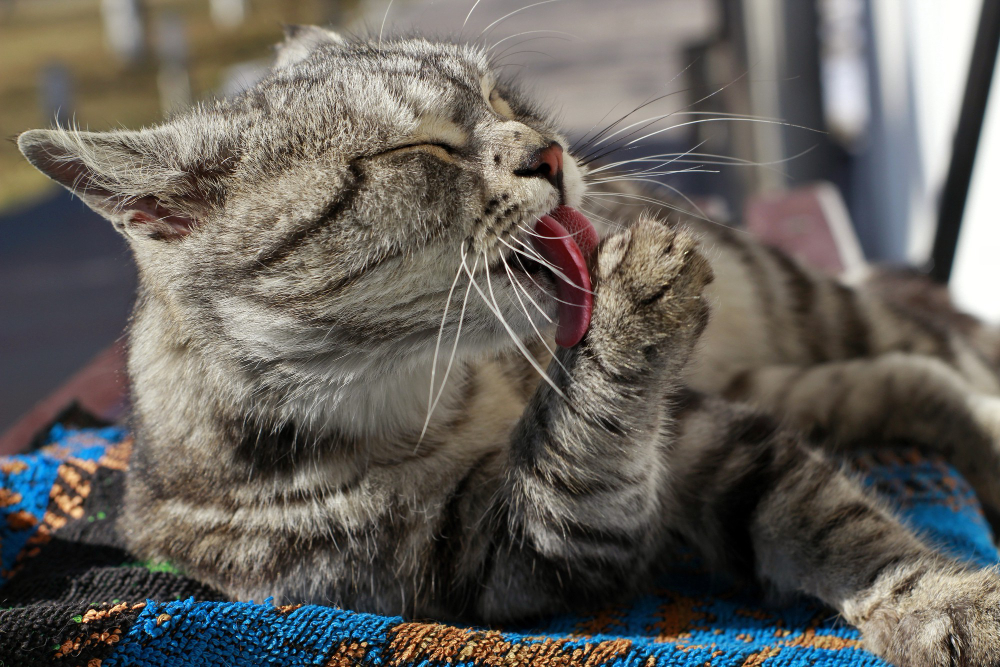
Helping your cat bounce back from allergies is all about giving them the right care. Here's a breakdown of what you can do to make your feline friend feel better.
If your vet has given you medicines or treatments to manage your cat's allergies, make sure you follow the instructions explicitly. Stick to the doses and schedule recommended by your vet.
Next up, identify and do your best to shield your cat from the things that set off their allergies. Make sure you don't skip those vet appointments. Regular check-ups are like keeping tabs on your cat's progress.
If fleas are the culprit in your cat's allergy story, keep up with a consistent flea control routine as your vet advises. This is extremely important in preventing more allergic reactions down the road.
Moreover, make sure your cat has a nutritious diet. Good food can boost their immune system and overall health, making it easier for them to recover from allergies.
Final Words!
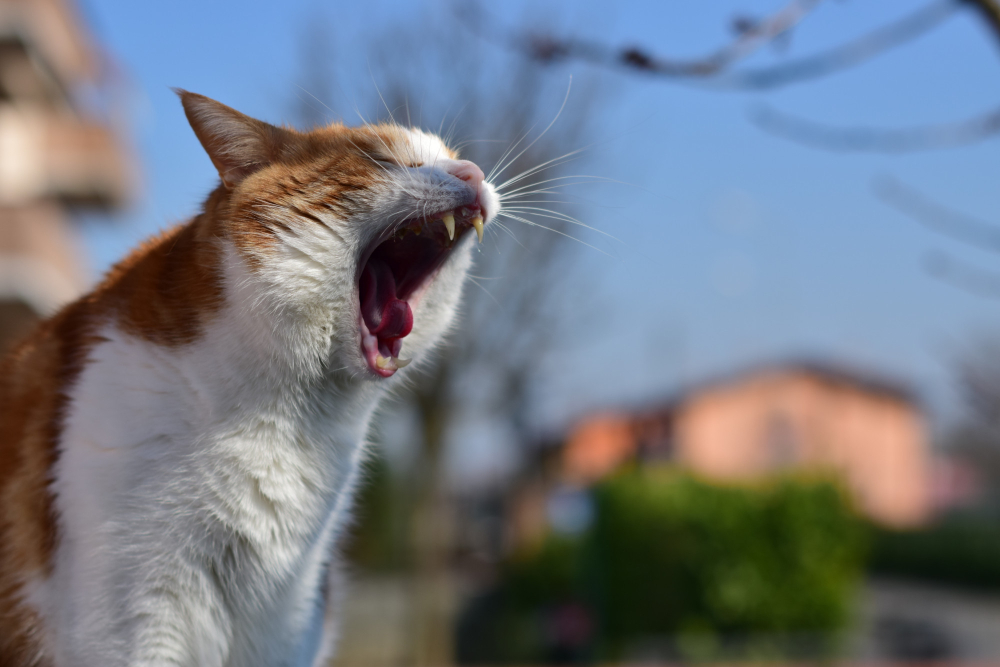
To wrap up, as a responsible pet parent, dealing with seasonal allergies in cats is essential for keeping our furry friends happy and healthy. While these allergies can't be cured entirely, we can definitely make our allergic cats feel better.
By spotting the signs of allergies early on, like excessive scratching and skin problems, we can take action to ease our cat's discomfort. It's essential to team up with a vet to create a plan that suits your cat, including medicine, allergens prevention, and controlling fleas.
With the right care and support, we can help our cats thrive, even if they have to deal with these seasonal allergies.
FAQs
How to avoid seasonal allergies in cats?
To help your cat with seasonal allergies year-round:
-
Try to keep them indoors during pollen season.
-
Keep your home clean to minimize their exposure to dust and mold.
-
Make sure your cat is protected from fleas.
-
And, most importantly, keep your vet in the loop.
What can Cause Seasonal Allergies in Cats?
The most common causes of seasonal cat allergy symptoms are pollen, dust mites, mold spores, and flea saliva.
